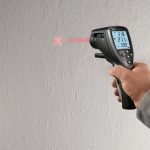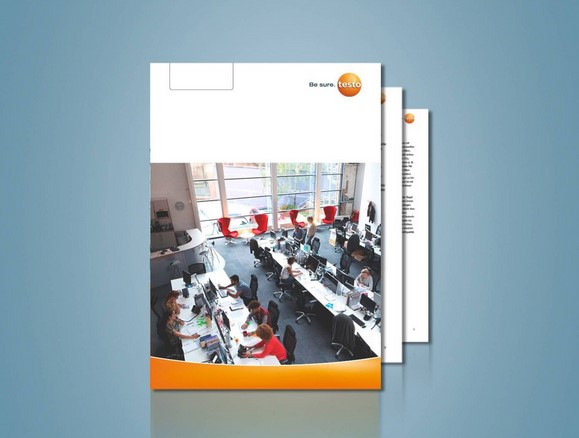Noise is a natural part of everyday life, permeating everything we do and everywhere we go – from where we work, to where we live and where we choose to spend our free time.
But what happens when noise levels become excessive to the point where they become either a nuisance to innocent bystanders or even dangerous to employees or customers? It is at times like this when government intervention and regular noise monitoring is required.
The actual laws and restrictions regarding sound levels vary from state to state. However, there are a number of key considerations which all Australian businesses, tradespeople and workers must take into account in order to ensure a safe hearing environment for everyone involved.
OHS noise requirements
Extremely loud noise isn’t just a temporary nuisance, it is also a legitimate health and safety threat. Exposure to unreasonable decibel levels can result in serious hearing damage, which is why there are strict occupational health and safety regulations regarding how much noise employees can be exposed to while on the job.
The National Code of Practice for Noise Management and Protection of Hearing at Work offers regulations regarding both peak noise levels and sustained, continuous noise levels which employees are exposed to over the equivalent of an eight-hour period.
According to that code, there is “overwhelming scientific evidence” which shows that individuals exposed to noise levels above 85 decibels are place their hearing at an “unacceptable risk”. Employers have a responsibility to ensure that risk is mitigated, and that any employee exposed to this level of noise is provided proper hearing protection.
Noise levels in clubs and bars
Clubs and bars are also places where you will find strict laws regarding decibel levels. These environments are often highly crowded and extremely loud, and it is important to ensure that noise levels do not exceed those that could cause permanent hearing damage.
Owners of premises such as these have a responsibility both to their employees and patrons to take reasonable steps to ensure a safe environment. This could involve adjusting music levels, making architectural changes, or providing protective equipment.
Furthermore, clubs, bars and other entertainment premises are also required to monitor their outside noise levels to ensure they are not disturbing local residents, particularly at night.
Air conditioning noise
Air conditioners, by their very nature, can be very noisy. While it is unlikely that an air conditioner will pose a health threat to an individual’s hearing, the presence of these devices can pose a significant nuisance for local residents if their volume levels are not kept under control.
For that reason, state governments have each introduced strict laws about how loud residential and commercial air conditioners are permitted to be during certain hours of the day.
In Brisbane, for example, noise from an air conditioner must not exceed five decibels above background noise between the hours of 7am and 10pm, seven days a week. This limit drops to just three decibels at night.
In New South Wales, the law simply states that residential air conditioners and water heaters “should not be heard in a habitable room in a neighbour’s residence” between the hours of 8pm and 7am on weekdays (8am on weekends and public holidays).
Safely monitoring noise levels
In order to monitor levels and ensure legal and ethical obligations are maintained, businesses need to utilise special tools designed specifically to measure decibel levels at any given time.
Testo stocks a wide range of Sound Level Meters that can be employed for a variety of purposes – from checking the volume of air conditioning or heating units, to assessing noise levels in clubs and bars, and checking machine or construction noise to ensure a safe working environment.
These devices come in a variety of designs and at various price ranges, but all offer peace of mind and confidence that your surroundings are safe and pose no threat to the hearing health nor quality of life of employees, customers, or locals.









 Reduce cooking oil costs while ensuring quality
Reduce cooking oil costs while ensuring quality Expert knowledge on CO2 monitoring
Expert knowledge on CO2 monitoring Refrigeration knowledge - in 3 modules
Refrigeration knowledge - in 3 modules



